Lughnasa (last day) Harvest (new) Moon
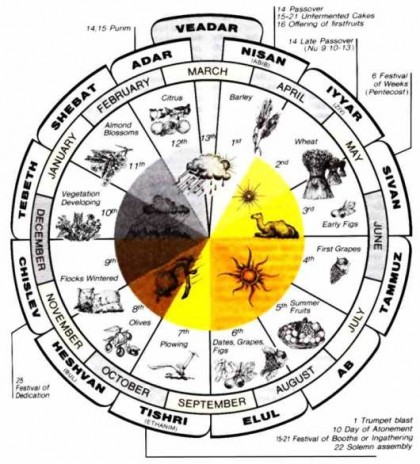
Rosh Hashanah service last night. Lots of Days of Awe alumni showing up at the synagogue. These are long services during the High Holydays, this one running almost two hours. There are, however, a lot of songs, readings, standing and sitting, so the time passes quickly.
The mahzor (prayer book for high holidays), has several interesting components. It includes, for example, poetry by Mary Oliver, Rainer Marie Rilke, and Y. Yeuvenshko. The Mary Oliver poem ends with a favorite Woolly Mammoth quote from her work: What will you do with your one wild and precious life? Which is apropos of the High Holydays since this is a time in the Jewish calendar for repentance, teshuvah (returning), closing off the last year and coming clean and free into the new one.
The mahzor also explains the High Holydays as a principle event for Jews as a community of memory. This really struck me last night, especially when Rabbi Jamie quoted from the Shema, “Hear, Israel, the Lord is our God, the Lord is One.”
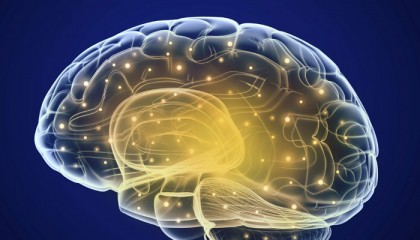 “That’s us,” he said, sweeping his hand around the room. Of course, it’s not me, but I took the point. Israel, those Jews in the sanctuary at Beth Evergreen and in Rosh Hashanah services around the world last night, and those Jews not in the services, too, is a community which celebrates its most important memories every Sabbath with a parsha reading, a segment of the Torah.
“That’s us,” he said, sweeping his hand around the room. Of course, it’s not me, but I took the point. Israel, those Jews in the sanctuary at Beth Evergreen and in Rosh Hashanah services around the world last night, and those Jews not in the services, too, is a community which celebrates its most important memories every Sabbath with a parsha reading, a segment of the Torah.
I feel privileged, and grateful, for the chance to live out my religious life at Beth Evergreen, within, but not of, this community of memory. Rabbi Jamie also said last night that the Jewish calendar focuses on helping each Jew become a better human. I get it and I’m following it, too. I am, after all, a human. What better way to start a new year than to focus on repentance for missing the mark of your best self in the last one? Then, figuring out, through mussar, for example, how to work a little harder on finding your best self in the upcoming one.
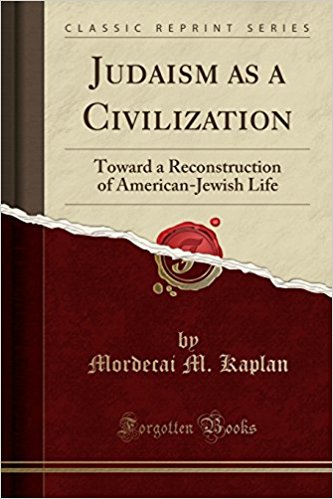 This is reconstructionist Judaism, an explicitly non-supernatural religion that nonetheless adheres to the traditions and customs of Jewish civilization, including Torah study, sabbath observance, comforting mourners, repairing the world and doing acts of loving kindness.
This is reconstructionist Judaism, an explicitly non-supernatural religion that nonetheless adheres to the traditions and customs of Jewish civilization, including Torah study, sabbath observance, comforting mourners, repairing the world and doing acts of loving kindness.
Over the last week or so I’ve begun wondering if my reimagining faith project is really a reconstructing faith project? No, I don’t mean to use Judaism as a base, not at all, but it did occur to me that the methodology suggested by the idea of reconstruction might be stronger for my purposes than reimagining. Still thinking.

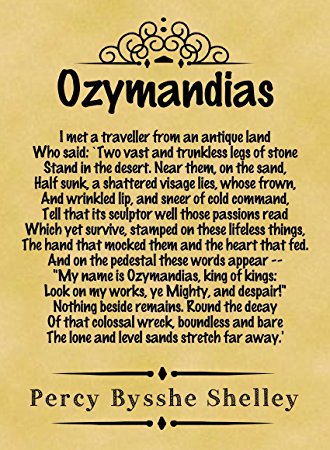 The last night of the Eclipse Moon, a disastrous month for North America from the eclipse to its waning moment. The wildfires are still burning in the West from the state of Washington to California, in Oregon and Montana and Idaho. Harvey and Irma related disaster cleanup has only begun. The same in southern Mexico for the victims of the 8.1 earthquake. Jose is still pounding around in the Atlantic and Maria, now a category 5, has just shattered Dominica, Guadeloupe, and is headed for Martinique and Puerto Rico. It’s not the apocalypse, no, but for those whose homes and forests are on fire, under water, battered by wind or destroyed by the movement of the earth, it may as well be.
The last night of the Eclipse Moon, a disastrous month for North America from the eclipse to its waning moment. The wildfires are still burning in the West from the state of Washington to California, in Oregon and Montana and Idaho. Harvey and Irma related disaster cleanup has only begun. The same in southern Mexico for the victims of the 8.1 earthquake. Jose is still pounding around in the Atlantic and Maria, now a category 5, has just shattered Dominica, Guadeloupe, and is headed for Martinique and Puerto Rico. It’s not the apocalypse, no, but for those whose homes and forests are on fire, under water, battered by wind or destroyed by the movement of the earth, it may as well be. Albert Camus. One of my favorite theologians. It occurred to me that the abyss Camus mentions may be what gets crossed when we experience awe. Somehow we let the absurd in, or the mute world gives us a shout.
Albert Camus. One of my favorite theologians. It occurred to me that the abyss Camus mentions may be what gets crossed when we experience awe. Somehow we let the absurd in, or the mute world gives us a shout.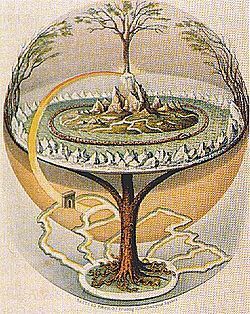
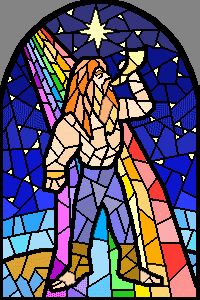 What all of these ideas suggest, I think, is that a gap exists between an individual and the really real. An important religious question is what is beyond that gap, or what constitutes the gap, or what is the significance of the hidden for our spiritual lives.
What all of these ideas suggest, I think, is that a gap exists between an individual and the really real. An important religious question is what is beyond that gap, or what constitutes the gap, or what is the significance of the hidden for our spiritual lives.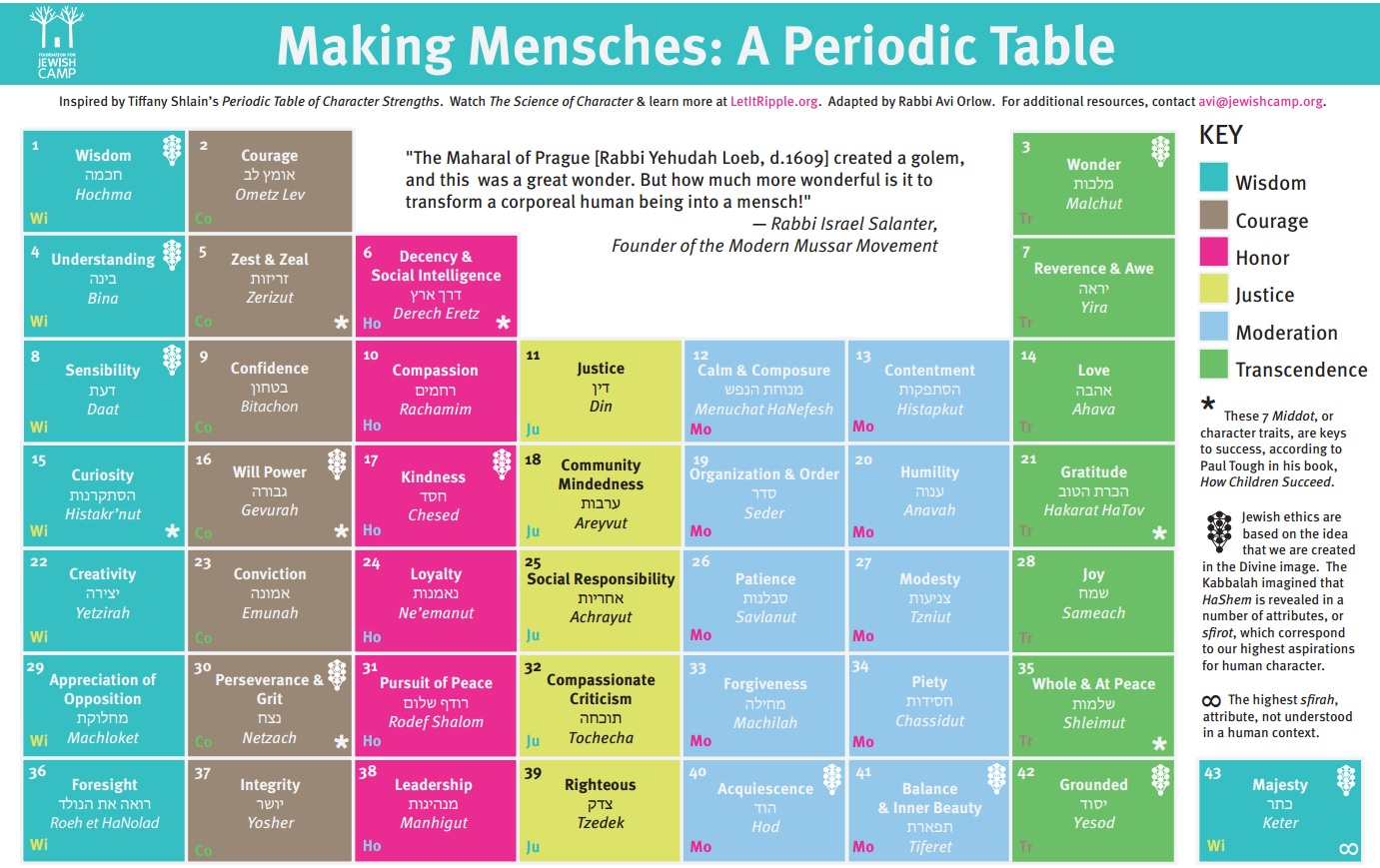 The mind and heart, so wonderful, so necessary, so amazing, but also so fragile. Take mine for instance. Yesterday was a full day, beginning, as my days do, around 4:45 am. I got the dogs fed, ancientrails written, Jennie’s 750 words written and went downstairs to eat breakfast and make two sugar cream pies.
The mind and heart, so wonderful, so necessary, so amazing, but also so fragile. Take mine for instance. Yesterday was a full day, beginning, as my days do, around 4:45 am. I got the dogs fed, ancientrails written, Jennie’s 750 words written and went downstairs to eat breakfast and make two sugar cream pies. Today is a busy one. Once I’ve finished my writing, ancientrails and Jennie’s Dead’s 750 words, I’m going to make two sugar cream pies. One is for home, the other for the mussar leadership group that meets tonight. Sugar cream pies are a distinct cultural marker for the Hoosier state, but more than that, they’re really delicious. Why I don’t make them often.
Today is a busy one. Once I’ve finished my writing, ancientrails and Jennie’s Dead’s 750 words, I’m going to make two sugar cream pies. One is for home, the other for the mussar leadership group that meets tonight. Sugar cream pies are a distinct cultural marker for the Hoosier state, but more than that, they’re really delicious. Why I don’t make them often.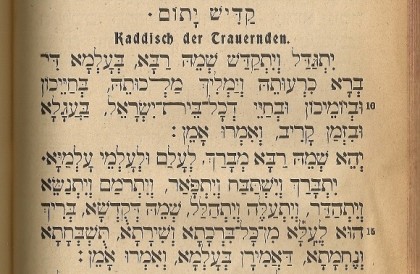
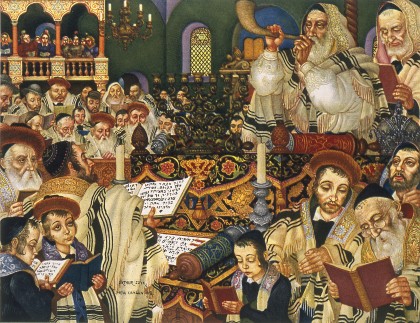
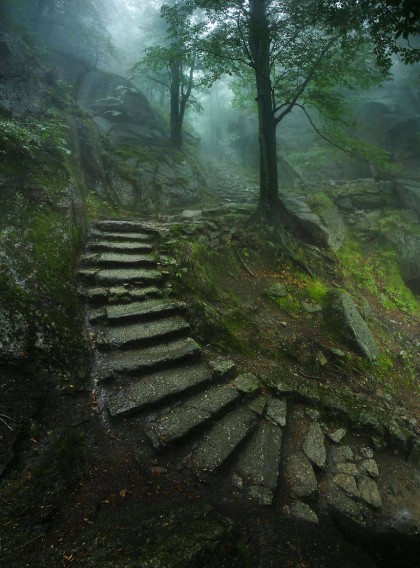 Paths. The trait of watchfulness, of being aware, is not only about self-awareness. It is, in itself, a tool, one to use to notice which direction you’re headed. Did this action, that motivation, move me in a positive direction in my life or a negative one? Did it move me toward selfishness or toward being of service?
Paths. The trait of watchfulness, of being aware, is not only about self-awareness. It is, in itself, a tool, one to use to notice which direction you’re headed. Did this action, that motivation, move me in a positive direction in my life or a negative one? Did it move me toward selfishness or toward being of service?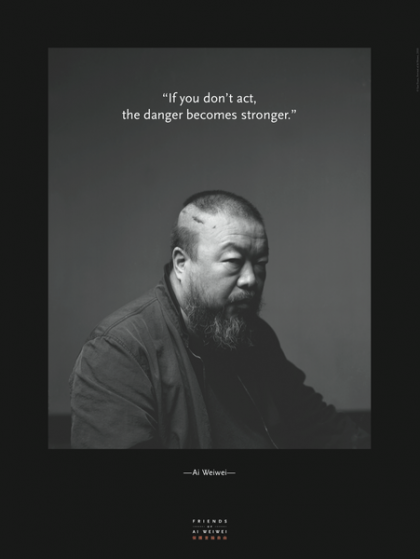 It also requires, very interestingly, prayers for God to forgive the wicked, or the unjust. It’s not up to us to forgive them, but we must plead with God to do it. As I took it, this means that we stand against Trump and the white supremacists, for example, opposing them in the streets, in conversation, at the ballot box, in whatever way we can, and it’s up to God to forgive them for what they’re doing. Not us. I interpret God here, the Great Other as Rabbi Jamie sometimes says, as the collective us, our generation perhaps, or history. Or, perhaps, the very sensibility that inspires us to move into the breach on behalf of the vulnerable other.
It also requires, very interestingly, prayers for God to forgive the wicked, or the unjust. It’s not up to us to forgive them, but we must plead with God to do it. As I took it, this means that we stand against Trump and the white supremacists, for example, opposing them in the streets, in conversation, at the ballot box, in whatever way we can, and it’s up to God to forgive them for what they’re doing. Not us. I interpret God here, the Great Other as Rabbi Jamie sometimes says, as the collective us, our generation perhaps, or history. Or, perhaps, the very sensibility that inspires us to move into the breach on behalf of the vulnerable other.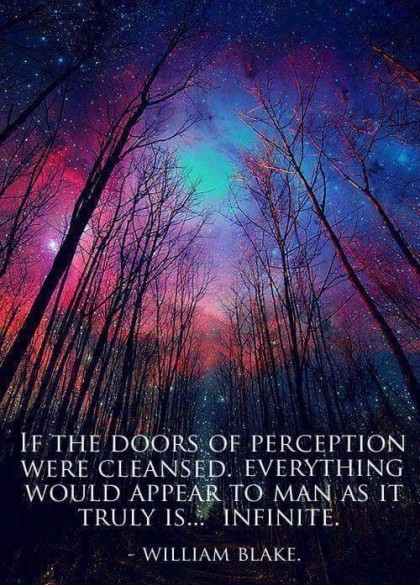 Be aware. Working with mussar practice now, decided to use focus phrases and journaling to work on the trait of watchfulness, seeing my path, owning my journey. The journal part will recount, as I can recall them, those moments when I was aware of my journey.
Be aware. Working with mussar practice now, decided to use focus phrases and journaling to work on the trait of watchfulness, seeing my path, owning my journey. The journal part will recount, as I can recall them, those moments when I was aware of my journey.